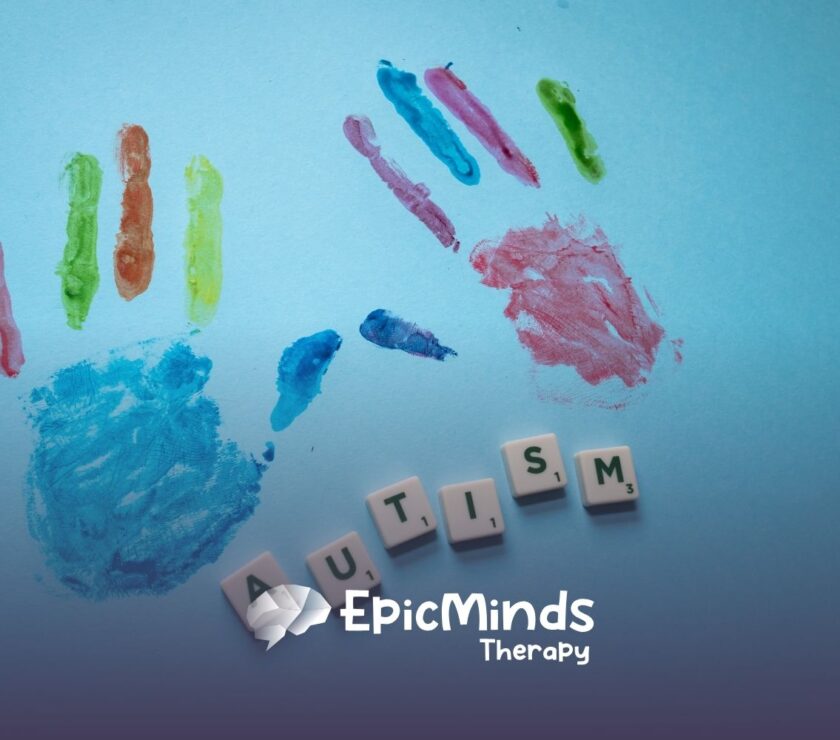Focus looks different for every child, but for many kids on the autism spectrum, staying on task can be tough — especially in busy or unpredictable environments. That doesn’t mean they aren’t trying. Often, it means their brain is processing more information than others might notice.
According to Autism Speaks, children with autism may struggle with attention shifting, filtering out distractions, or staying engaged in non-preferred tasks. In fact, research found that 30-60% of children with autism also have symptoms of ADHD — making focus even more challenging.
Why Autism May Affect Focus
1. Sensory overload
Many autistic children are highly sensitive to noise, light, textures, or smells. When their environment feels overwhelming, focus naturally takes a backseat.
2. Difficulty with transitions
Switching from one task to another can feel abrupt or confusing, leading to delays in attention and engagement.
3. Deep focus on interests
On the flip side, some children may hyperfocus on a topic they love — tuning everything else out. This isn’t “inattention,” just a different pattern of attention.
“Autistic individuals don’t lack focus — their focus just works differently,” says Dr. Stephen Shore, autism advocate and professor.
At Epic Minds Therapy, we celebrate each child’s strengths while supporting areas like focus, flexibility, and communication. We offer in-home and school-based ABA therapy for families across North Carolina.
Let’s help your child thrive — one step, one focus, one breakthrough at a time. Contact us today.
FAQs
Is poor focus always part of autism?
Not always. But many autistic kids experience attention challenges, especially in stimulating or unfamiliar environments.
Can you have both autism and ADHD?
Yes, it’s very common. Many children are diagnosed with both conditions, and support strategies often overlap.
Can focus improve over time?
Absolutely. With the right support, structure, and strategies, many children show significant improvement in attention skills.





